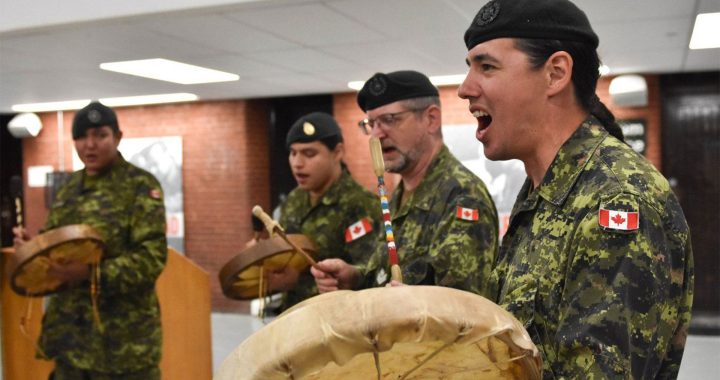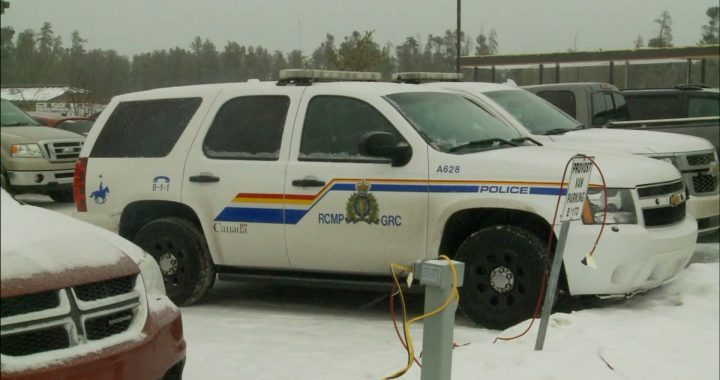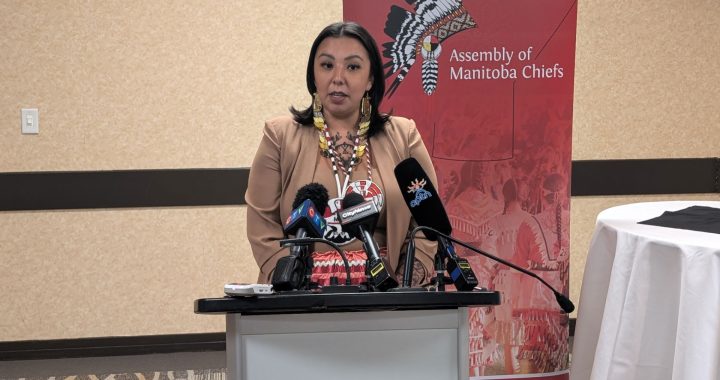The Kaska Nation in Yukon and northern British Columbia has launched a lawsuit in Federal Court over the recent assessment approval of BMC Minerals’ Kudz Ze Kayah mining project.
On June 15, Fisheries and Oceans Canada, Natural Resources Canada and Yukon territorial government, decision-making bodies on the project, released a decision document advancing the project to the regulatory stage.
But Ross River Dena Council (RRDC) Chief Dylan Loblaw, whose First Nation launched the judicial review on behalf of the Kaska Nation, said the document didn’t consider their position.
“We felt that the decision bodies didn’t fulfill their obligations – their constitutional obligations – to meaningfully consult the Kaska Nation,” he told APTN News.
“(Nor was the project evaluated) through a Kaska-led assessment that should have been grounded by our Kaska law, our customs, and our own assessment process.”
The proposed open pit and underground zinc, silver, copper, gold and lead mine is 115 km south of Ross River in southeast Yukon.
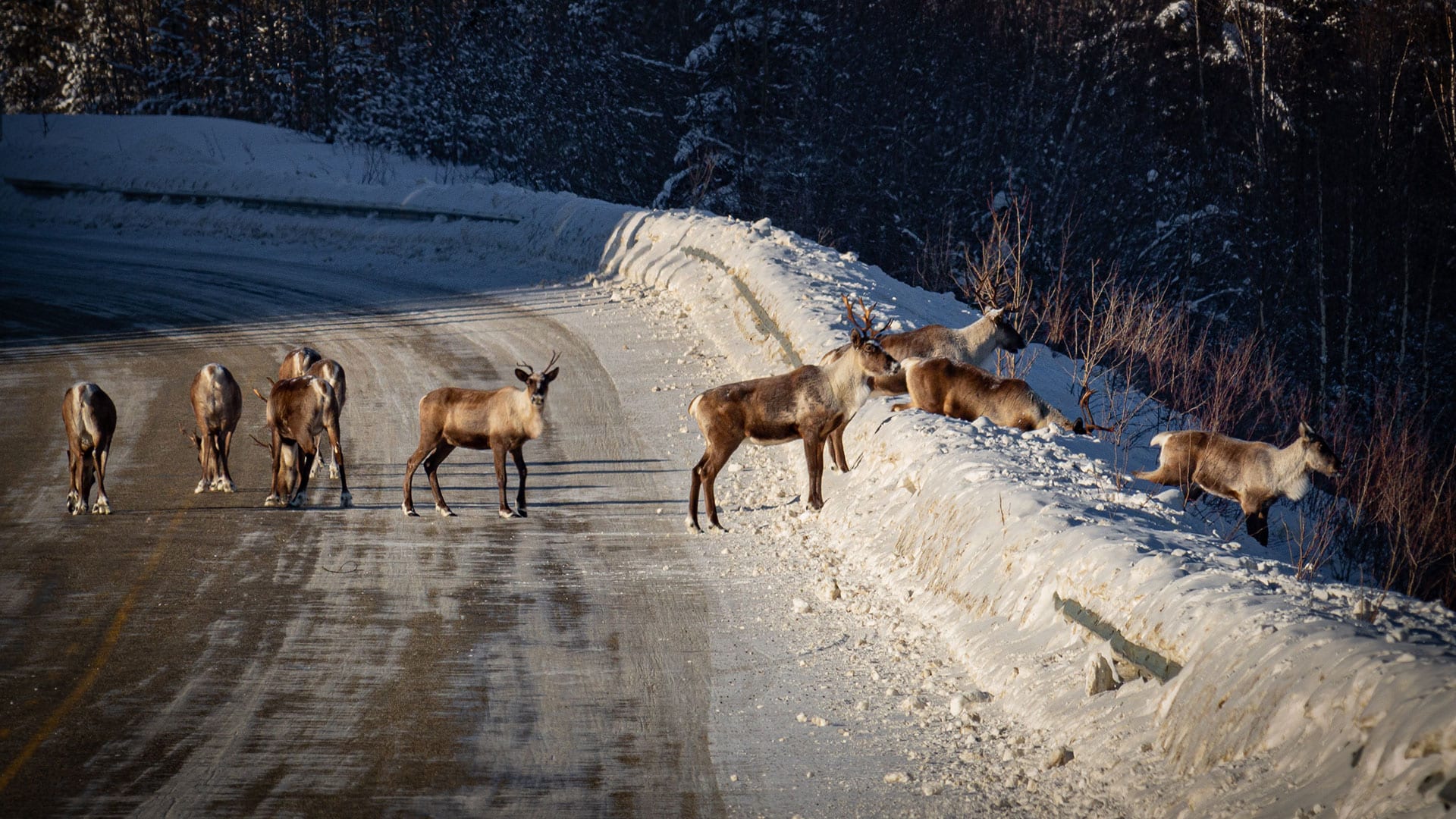
The lawsuit is disappointing for BMC.
Allan Nixon, vice-president of BMC’s external affairs, said the company is disheartened the Kaska don’t feel adequately consulted by the governments after five years of environmental assessments and consultation, two of which were primarily for additional consultation.
“After that length of time and all the effort that BMC’s put in the communities and with the First Nations, that government-mandated process seems to be the issue now,” Nixon said.
The Yukon government declined to comment because the matter is now before the courts.
Miriam Galipeau, a spokesperson for Natural Resources Canada, said in a statement that: “Canada and Yukon carefully reviewed the Final Screening Report and Recommendation for the Kudz Ze Kayah project and fully considered the views of potentially affected First Nations to allow the project to proceed to the regulatory permitting phase.”
Canada is currently reviewing the material filed by RRDC, she added.
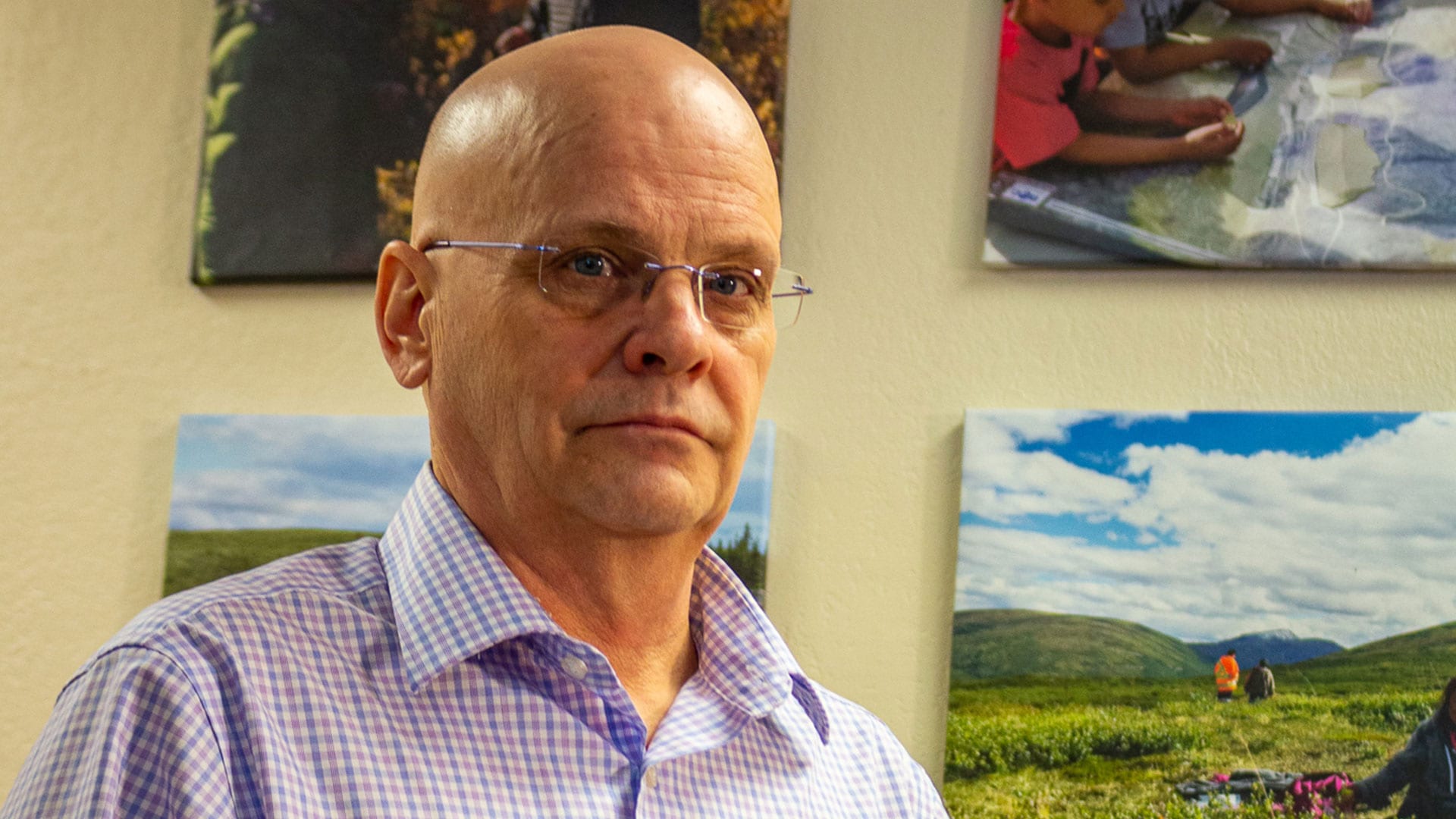
While the Yukon Environmental and Socio-economic Assessment Board (YESAB) previously determined the project will result in “adverse effects” to things like the Finlayson caribou herd, water, resources, wildlife and traditional land use, it also found adverse effects could be eliminated, controlled or reduced through recommended mitigation efforts.
In January 2021 the federal decision bodies referred the project back to YESAB. After consulting with RRDC and LFN, they expressed concern the screening report issued by YESAB was insufficient regarding how potential impacts would be mitigated.
In the June 15 decision document, the decision-making bodies said they “varied the recommendation(s) through new and varied terms and conditions, in addition to changes to recommended monitoring measures, to improve clarity in implementation.”
The new and improved recommendations include mitigation efforts to better protect issues raised by the Kaska, such as their concerns around water resources, wildlife, the Finlayson caribou herd and air quality.
The lawsuit states during a June 8 meeting decision bodies informed the Kaska they would issue a decision document on June 15, though “the decision for the Project was not yet finalized.”
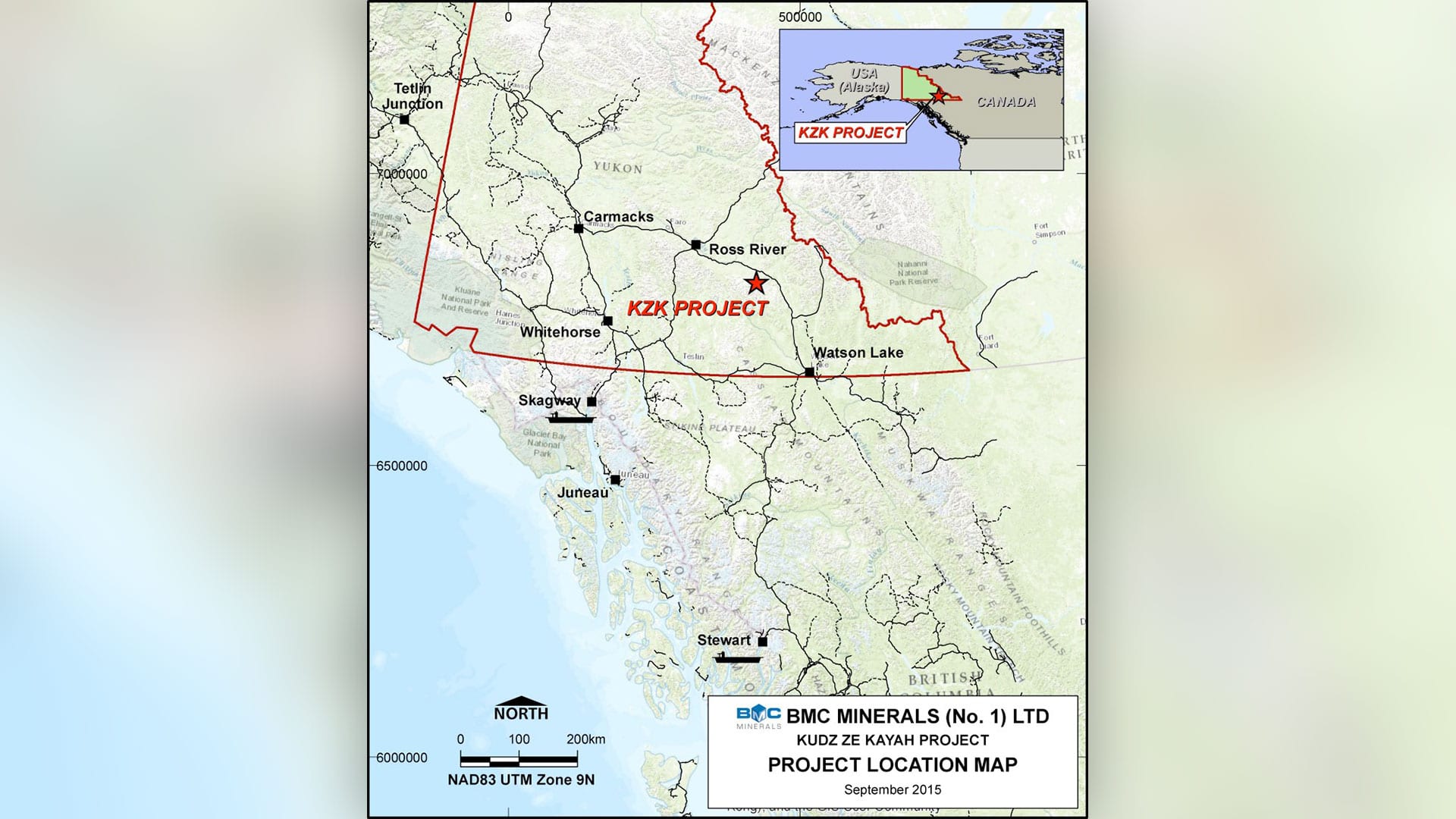
It says the Kaska were assured by decision bodies that they would review and consider “any comments, concerns, or written information provided by Kaska, prior to June 15, 2022, prior to issuing a decision.”
It goes on to say, “the assurances provided by the Decision Bodies during the June 8 Meeting created a legitimate expectation in RRDC and LFN (Liard First Nation) regarding the process that the Decision Bodies would follow in considering a response to their letters of April 27 and May 25, including the Modified (terms and conditions). “
On June 14, RRDC and LFN sent what they say was a “detailed 48-page submission…providing substantive responses to the issues raised by the Decision Bodies” regarding the two previous letters.
“The June 14 Letter provided Kaska comments regarding the ongoing consultation and accommodation failures by the Decision Bodies on the Project, and technical responses regarding the Modified (terms and conditions). The June 14 Letter emphasized Kaska’s strong opposition to the issuance of a decision document approving the Project based on the current information known to the Decision Bodies.”
However, the lawsuit claims less than 24 hours after receiving the June 14 letter, the decision bodies advanced the project to next stage in the approval process, “contrary to the assurances made in the June 8 Meeting.”
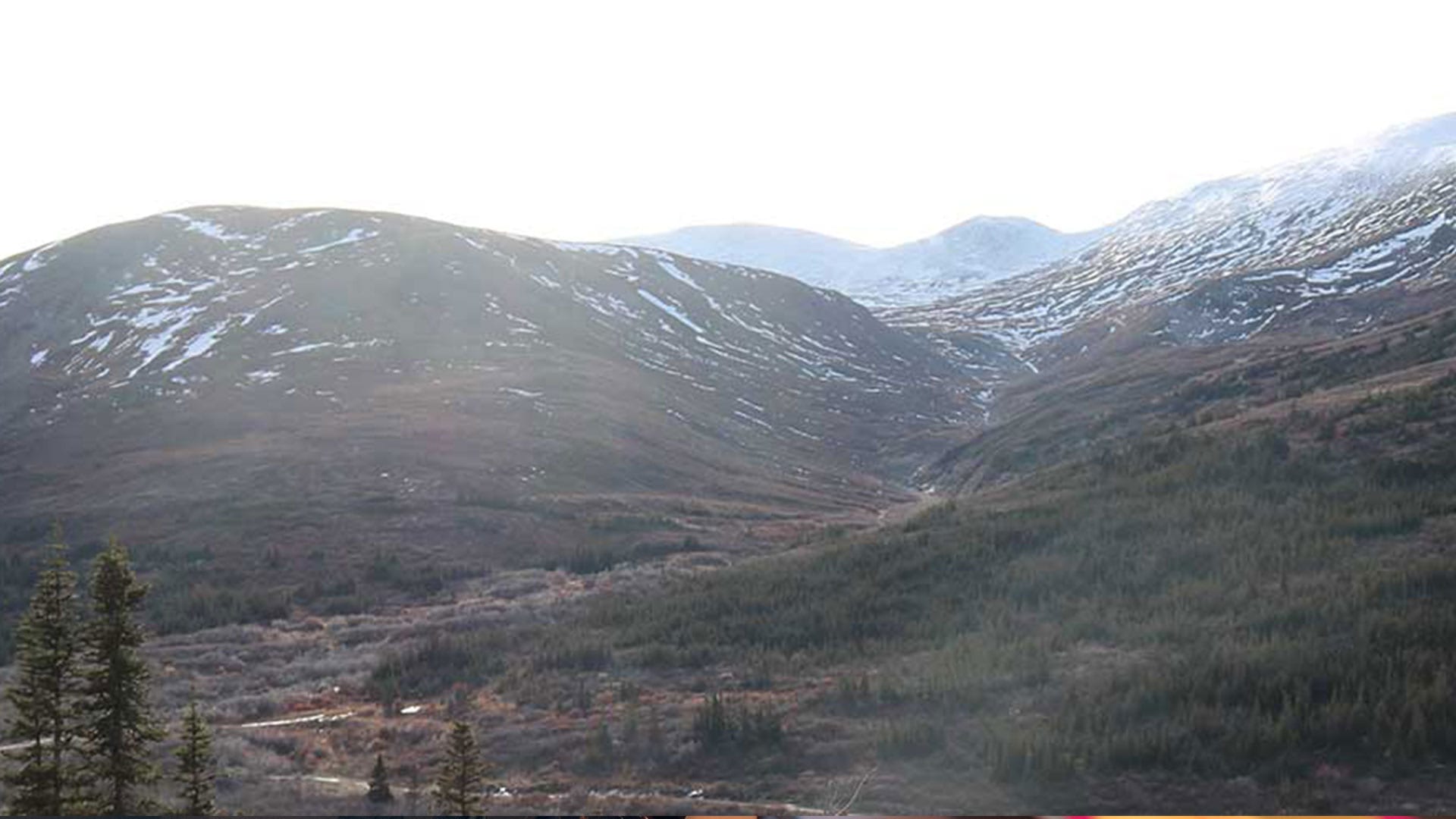
It alleges “the Decision Bodies’ failure to consider the June 14 Letter, particularly in light of their express commitment to RRDC and LFN to do so, reflects a failure to reasonably consult and does not uphold the honour of the Crown.”
While BMC is also listed as a respondent, Nixon says the lawsuit is primarily aimed at the decision-making bodies, and the company will do its part to submit information to the court.
He notes BMC has always worked closely with Kaska, such as providing funding for RRDC and LFN to do an independent technical review of the project, and will continue to consult with them.
“It doesn’t change our commitment at all to the Kaska or working with their communities, and doesn’t change our commitment to ensuring that they’re full partners in the project and get all the benefits from the project,” he says.
Meanwhile, Loblaw says by quashing the decision, the Kaska hope to see the project go through a new project assessment that will include meaningful consultation.
“(We’re hoping to see) maybe some better protection and a more First Nation-led process to set out and guide a project of this type.”





